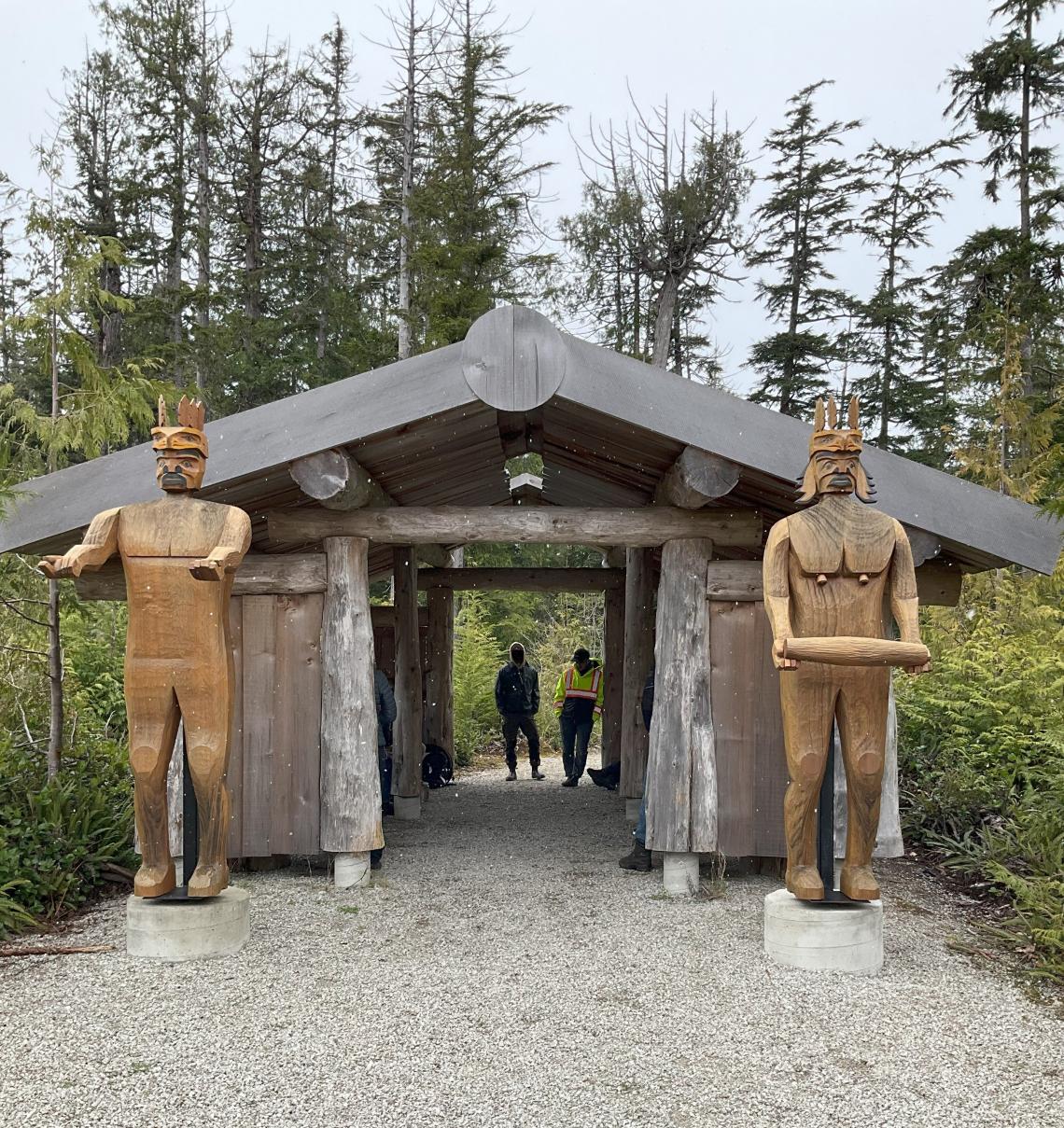
Indigenous people have an age-old cultural and spiritual relationship with the forest. First Nations communities in Canada have a long history of forest management, and their subsistence, economic, and ceremonial practices have been deeply intertwined with forests for millennia. With most Indigenous communities located in or near forested land (over 70% of First Nations) [CCFM: https://tinyurl.com/wrzstcd5], acknowledging and respecting their perspectives is critical in the sustainable use of forest resources.
As of July 2021, there are over 5,300 Indigenous workers working directly in the forest industry in BC, and Indigenous communities own or control 198,000 ha of the timber-productive lands in B.C. [Government of Canada: https://tinyurl.com/2wjedeu7]. Partnering with Indigenous peoples, communities, and businesses is critical to building an inclusive, sustainable, and resilient natural resource sector in Canada [NRCan: https://tinyurl.com/2s3shjvp].
In recent times, growing recognition of Indigenous rights to land and natural resources has resulted in more Indigenous involvement in forest management decisions and partnerships between Indigenous and forest-based businesses.
Our journey towards reconciliation is not a process that can be completed overnight. Continuous and meaningful efforts must be made to cultivate long-lasting relationships and support meaningful Indigenous participation and ownership in the net-zero future.
~ Natural Resources Canada
VIU offers a bridging program to First Nations students that provides face-to-face classroom learning. Find out more about the VIU Aboriginal University Bridging Program Certificate.
